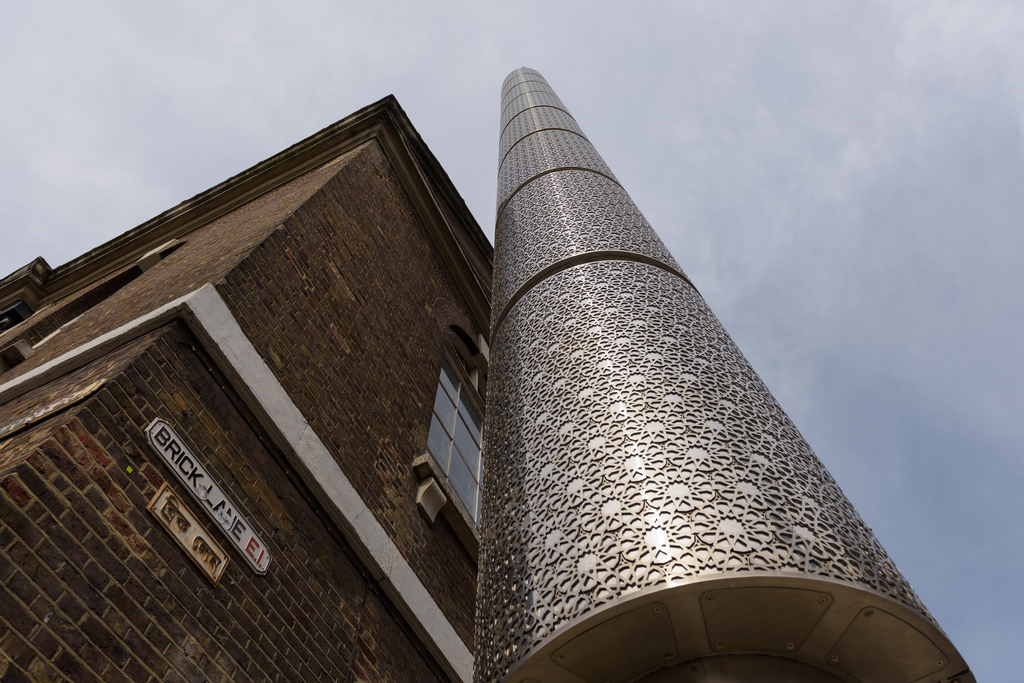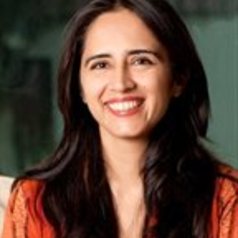Governments in Britain have tended to treat Muslim citizens much like colonial administrations treated their subjects. Intermediaries – tribal leaders or religious figures – are found to establish communication between the empire and its people. One positive thing about a recent ICM poll of British muslims is that it offers an alternative. The survey, carried out for a Channel 4 documentary, was never going to be able to reflect the complexity of British Muslim life accurately, but it does signal a shift by engaging directly with Muslim citizens.
How poll data is used is one way to test how colonialism’s legacy might linger on. The Daily Mail chose for its headline the quote: “Muslims are not like us and we should just accept that they will not integrate …” while Sky News highlighted that: “Half of British Muslims want homosexuality banned.”
Few media outlets rushed to use the headline that “86% of Muslims feel strong affiliation with UK, higher than the national average", although this too is one of the findings from the survey. It is an “us and them” framework that fails to spark debate about who “we” might be and why “they”, with all their differences, might need greater integration with us, as the report has suggested.
We don’t have space here to discuss how the category Muslim may be broken up across class, regional or ethnic background. Nor will we get into comparisons with others: whether, for instance, British Catholics, or for that matter, members of the Conservative Party, might have similar sentiments towards homosexuality.
Same stop. Same destination? Kamyar Adl/Flickr, CC BY
I want to focus on a more pervasive but implicit idea that allows the obsessive focus on difference. It is what Trevor Philips, the former head of the Equality and Human Rights Commission and presenter of the documentary, has called everyone else’s “centre of gravity”. A key aspect of that is the concept of secularism, which many take to mean the separation of church and state.
State of affairs
There is an underlying assumption that Islam as a religion is uncomfortable with secularism and that Muslims require “integration” to be able to live in secular states. This assumption finds forceful evidence in the desire expressed by 23% of the Muslims polled for some form of sharia law in UK. Critics who claim that Islamic thought and practice is uncomfortable with secularism may be right, but we need to pause and consider first what they mean by secularism. Is it the same thing that many Muslims might be uncomfortable with?
The most common assumption about secularism is that it is a separation of state and religion. This assumes a universal definition of religion as a specific set of ideas and practices that we can separate from other aspects of life. This definition is, of course, a product of a particular social historical context and not one that is universally true.
Part of life. The Koran. Mohammed J/Flickr, CC BY-ND
Colonialism was integral not just to exporting ideas about what constitutes a religion to other parts of the world, but on imposing that vision of religion on societies that did not demarcate the spiritual from the economic, the moral from the political.
Britain, a deeply Christian society right up to the early 1960s and where empire and Christianity were tied closely together in a “civilising mission”, imposed its definitions on its Asian and African colonies, actively reshaping religious practices. It is not widely discussed that the rigid codification of sharia, as well as Hindu practices, was a process started by colonial administration in India in the late 18th century.
In fact, the notion of religion as a compartmentalised aspect of human existence does not mean much for those who think of Islam, not as a set of specific practices or laws, but as a way of life, or “deen”, which has long been wrongly translated as “religion”.
More critically, the definition of secularism as a separation of church and state obscures a key reality. Historically, secularism has actually entailed the increasing control and management of religious thought and practice by the state. It is not a separation, but a relationship in which the state has increasing control.
In his nuanced analysis of secularism and its development within the European context, cultural theorist Talal Asad showed how this led not just to opening up of church property for market circulation, but also to a new closeness. Perhaps it is easiest if we think of secularism as an inversion of a previous relationship in the European context where the Roman Catholic church had extensive control over the state.
Saudi atheism
Within what we call the “Western” experience of secularism are many differences: the American constitution attempts to protect religious practice from heavy state intervention, leading to a highly religious citizenry. The French state has generally carried out very aggressive management of religious practice.
Secularism as state management of religion is precisely the aspect that the vast majority of Muslims find alien. On the other hand, Islamists – by definition those who want to take over the state to transform society through their interpretation of Islam – find it an appealing prospect.
Unlike the Catholic church, which forms the bedrock of many European attitudes towards religion, Islamic practice has been fairly decentralised over the last 1,400 years. Sharia has been, for the most part, a set of guidelines rather than a set of laws, enforced not by the state but self-imposed through believers deciding to follow the scholarly opinions of particular muftis.
This self-imposition has allowed Islamic thought and practice much more entrenchment in social and political life. That Islam is not reliant on state imposition is precisely what makes it much more accessible to believers than the structured hierarchy of European churches.
Where states such as in Saudi Arabia have pursued state imposition, the level of disaffection with religious practice is very high. In recent decades, atheism has seen significant growth in the kingdom. So many have declared their atheism that the government last year passed a law against it.
Secularism, apparently a cornerstone of British values, is then something quite different from what mainstream understanding would suggest, as is the relationship of Muslims with it. Insisting on integration, without any questioning of dominant assumptions and beliefs, values and ideas, carries strong echoes of colonialism. How and why the UK’s “centre of gravity” came to be defined through its opposition to Muslims needs to be opened up if this report is to be an exercise in bringing us all together.
 Humeira Iqtidar had received funding from the ERC for her project Tolerance in Contemporary Muslim Thought: Political Theory Beyond the West (2012-2015)
Humeira Iqtidar had received funding from the ERC for her project Tolerance in Contemporary Muslim Thought: Political Theory Beyond the West (2012-2015)
Humeira Iqtidar, Senior Lecturer in Politics, King's College London
This article was originally published on The Conversation. Read the original article.




 Trump Signs “America First Arms Transfer Strategy” to Prioritize U.S. Weapons Sales
Trump Signs “America First Arms Transfer Strategy” to Prioritize U.S. Weapons Sales  Netanyahu to Meet Trump in Washington as Iran Nuclear Talks Intensify
Netanyahu to Meet Trump in Washington as Iran Nuclear Talks Intensify  U.S. Announces Additional $6 Million in Humanitarian Aid to Cuba Amid Oil Sanctions and Fuel Shortages
U.S. Announces Additional $6 Million in Humanitarian Aid to Cuba Amid Oil Sanctions and Fuel Shortages  AI is driving down the price of knowledge – universities have to rethink what they offer
AI is driving down the price of knowledge – universities have to rethink what they offer  U.S.-India Trade Framework Signals Major Shift in Tariffs, Energy, and Supply Chains
U.S.-India Trade Framework Signals Major Shift in Tariffs, Energy, and Supply Chains  Britain has almost 1 million young people not in work or education – here’s what evidence shows can change that
Britain has almost 1 million young people not in work or education – here’s what evidence shows can change that  Trump Allegedly Sought Airport, Penn Station Renaming in Exchange for Hudson River Tunnel Funding
Trump Allegedly Sought Airport, Penn Station Renaming in Exchange for Hudson River Tunnel Funding  Trump Backs Nexstar–Tegna Merger Amid Shifting U.S. Media Landscape
Trump Backs Nexstar–Tegna Merger Amid Shifting U.S. Media Landscape  Debate over H-1B visas shines spotlight on US tech worker shortages
Debate over H-1B visas shines spotlight on US tech worker shortages  Missouri Judge Dismisses Lawsuit Challenging Starbucks’ Diversity and Inclusion Policies
Missouri Judge Dismisses Lawsuit Challenging Starbucks’ Diversity and Inclusion Policies 


































